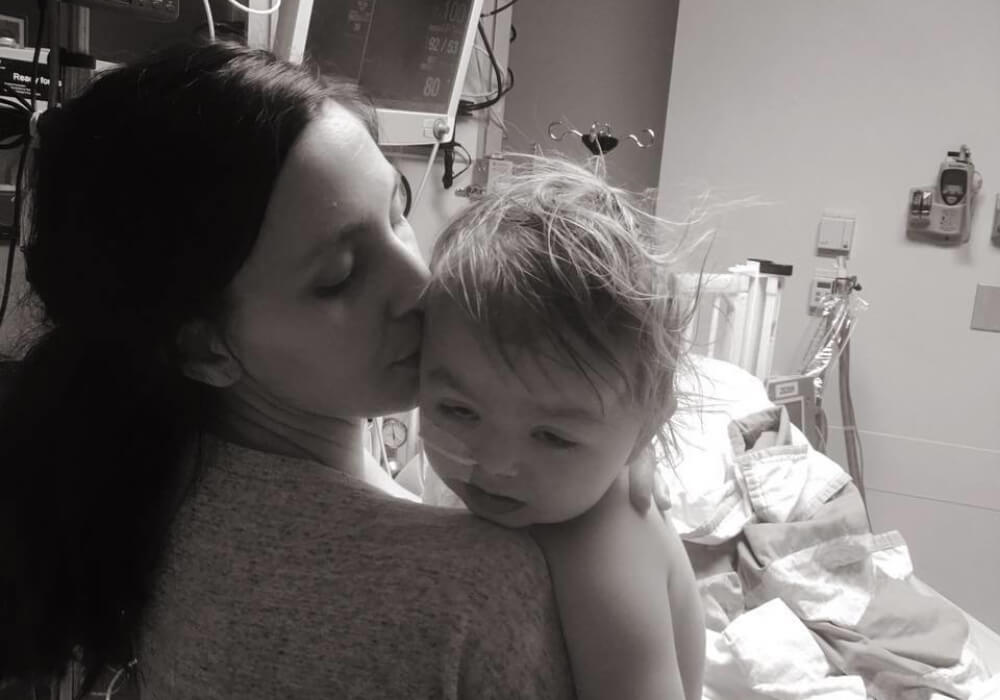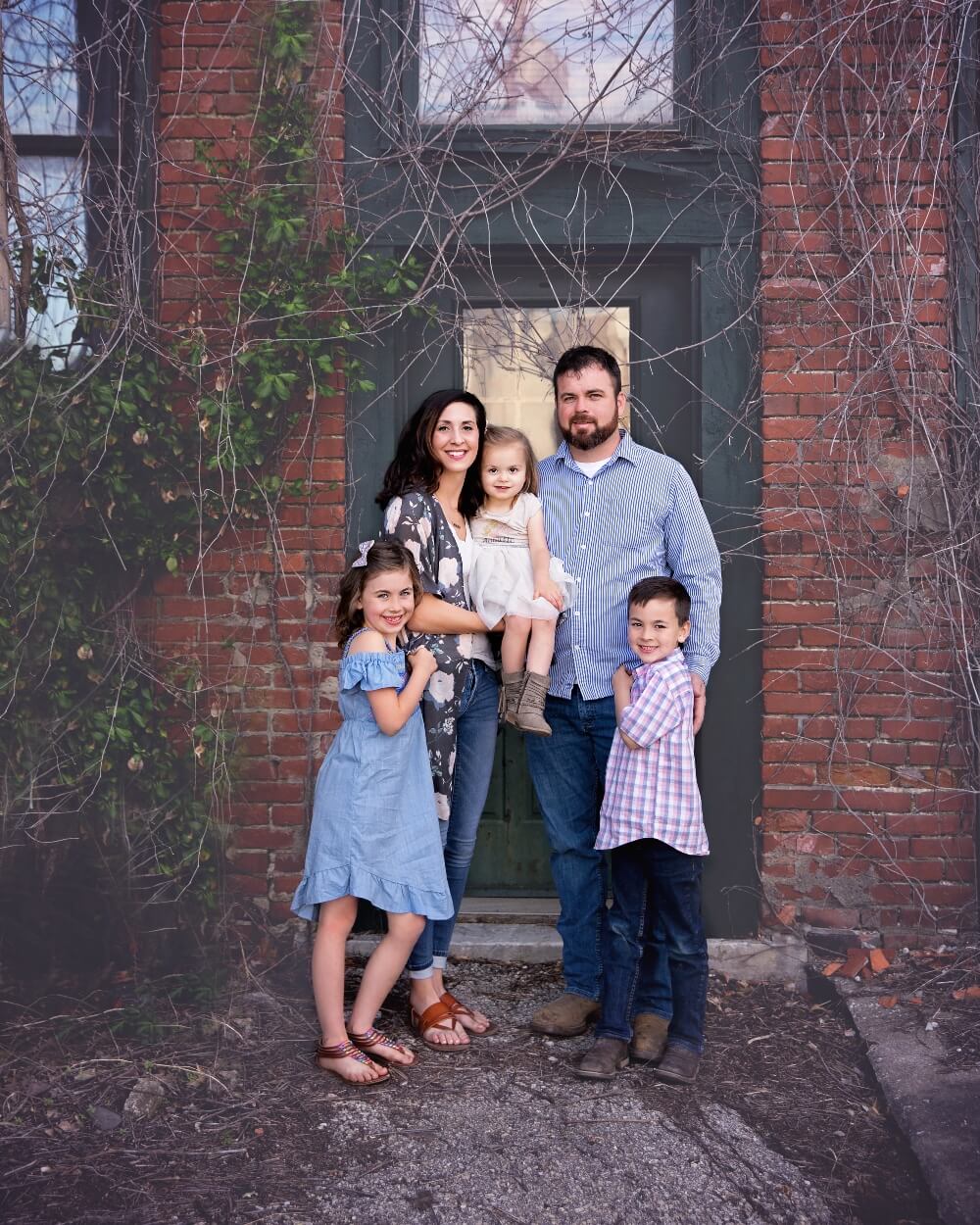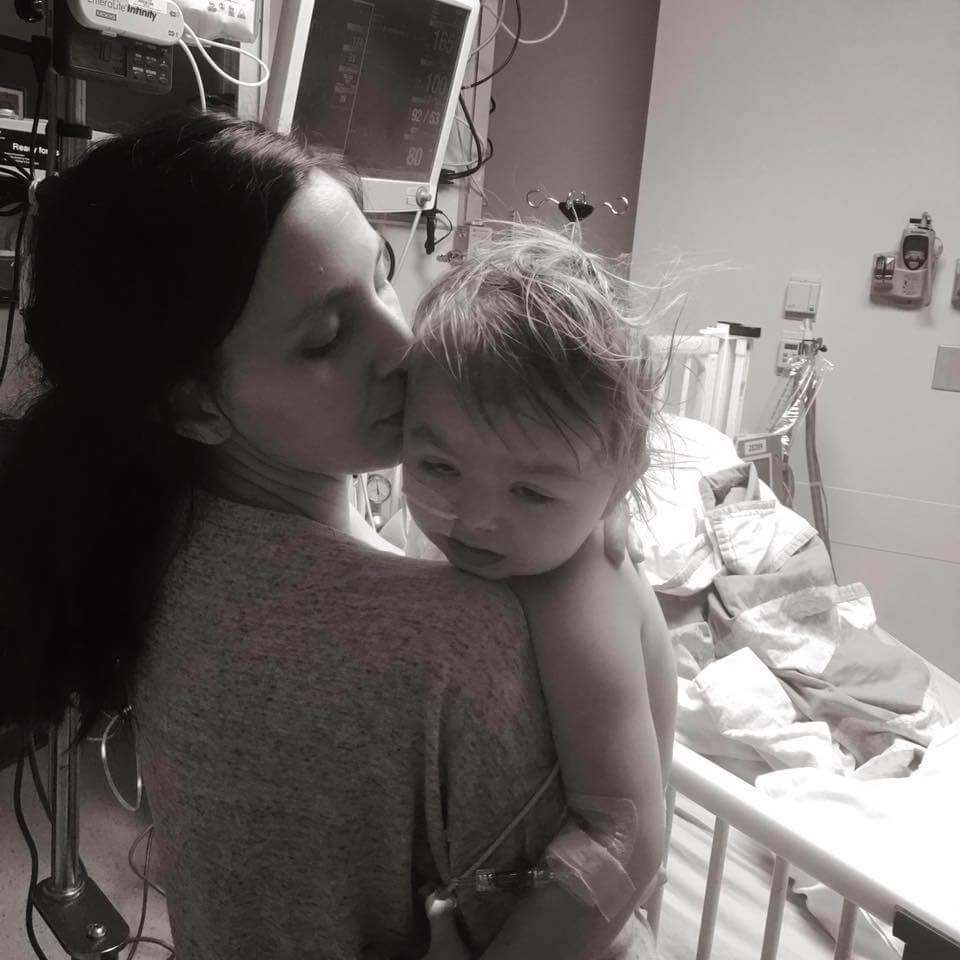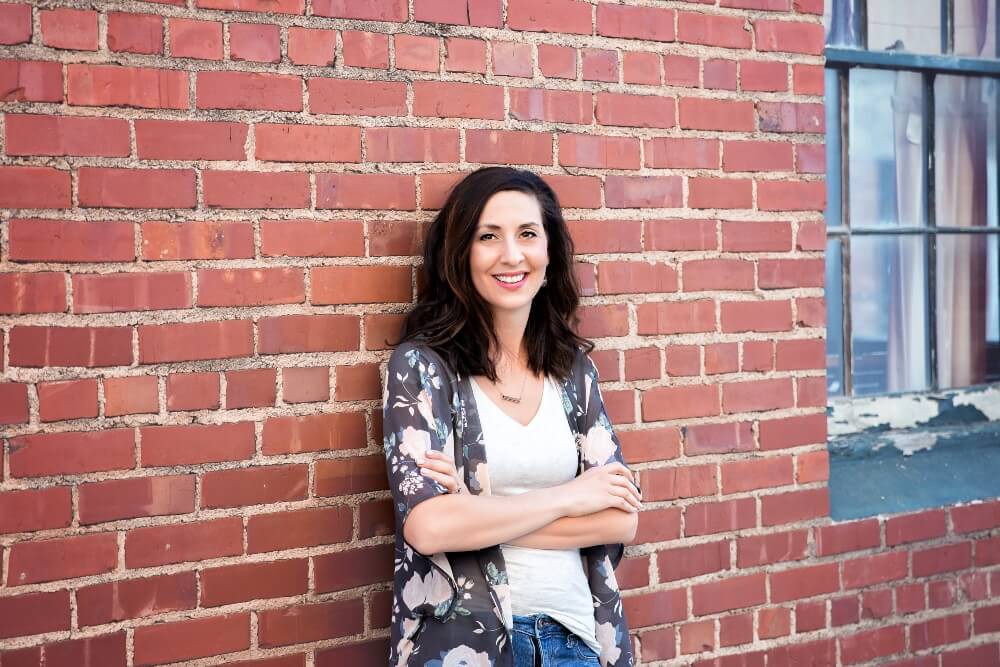Long Term Survival Mode and the People who Live it

Recently I found myself in that that spring cleaning mode—the place where I wanted to purge, and organize, and simplify all the things.
But as I took a step back to take inventory of our lives I was quickly overwhelmed by what I found.
There were so many things that had been left un-done for so long.
As I thought about why, the reality of our life came flooding in around me.
It all comes down to survival mode.
When you come home from the hospital with a newborn in toe you enter a phase of life we call the “newborn phase”—but really it’s simply survival mode. We recognize that in the months to come there will be a lot of change, new adjustments that need to be made, so much learning, sleepless nights galore, physical and emotional recovery, and an extreme amount of need within our homes as everyone adjusts.
And so we release those extra things—the things we like to keep done but are not truly required in order for us to make it through the day.

The house may get a bit messier than normal. We may give up some activities we typically would attend. We require some extra help from our community with food, and carpooling kids. And that pile of laundry that would usually get done during naptime is left undone because momma needs a nap too.
But what happens when that phase never ends?
What happens when survival mode becomes everyday life?
For many within the community of special needs or medically complex parents—this is the reality.
When my daughter was born and we came home from the hospital we entered survival mode. But we never stopped. Because the ordinary survival of sleepless nights and meeting the every need of a newborn quickly turned to the trauma of watching seizures take place, and hospital stays, tests to be done, and hard diagnosis to cope with.
It turned into traveling out of state to see specialists, and anxiety that crept in.

It turned into ambulance rides and new medications and fear.
And three and a half years later, as I think about it, we have never left that phase.
I look around my home and I find so much left undone– things that we had to release in order to just make it through the day because some days go from normal to chaos in the blink of an eye.
Some days go from ordinary to truly fighting to stay alive. And then those traumatic days require more days to recover both emotionally and physically.
Survival mode—forever
I’ve been wondering if I was possibly the only parent who feels this way.
The reality is that compared to many families we are really still at the beginning of this long ongoing journey. But as I recently posed the question in one of my support groups I found that the response was a resounding YES.
Yes, we truly feel that most of the time we are doing good just to survive.
Even parents who have walked this road for 10, 15, 20 years seemed to relate.
So what does this mean for us?
Are we all just to toss our arms in the air giving up anything other than the reality that we will never do more than just survive?
First, I think we must recognize that sometimes survival is just all we can do. In those spaces, give yourself the grace to be ok with survival mode.
When my daughter was in the ICU for an extended period of time, we had to be ok with this—survival is truly all we were fighting for and the rest did NOT matter. That’s OK.

From there I think “more than survival” has to become a mindset shift.
Thriving does not require traveling the world. Thriving does not require having a perfect, immaculate home. Thriving does not require climbing the corporate ladder.
Perhaps thriving is just finding something beautiful even in the most difficult moments.
Perhaps it’s simply cherishing those days that would be ordinary to anyone else.
Maybe it’s just putting one foot in front of the other—we may move slower than the rest—but that’s OK too!
Now, what does this mean for our community of people? How can they support us on this road on ongoing survival?
I hope that we can educate our people. That we can pass this on so that others can have a better understanding of our reality.
We need our community, not just for the first few months, but long-term.
We still have days when it would be a huge help for someone to bring a meal. We still have days when a card in the mail is the salve that our wounded hearts needed on that specific day.
Sometimes we still need help with carpooling the kids or childcare while we travel to doctors’ appointments.
Or we just need someone to ask if we are ok? To check in—to let us know they still see us and they still care.
If you are a friend or family member to a special needs family, ask them what you can do to help.
Is there an ongoing task you could do to help release a burden?
Could you provide a meal once a month? Or help with laundry once a week? Or pick up kids from school?

Written by, Sarah Lango
Sarah Lango is a momma of 3, wife, writer, speaker, Jesus follower, and coffee lover from small town Missouri. She is the founder of Gracefilled Growth, where she writes about her faith, marriage, motherhood journey, and her new experience of special needs parenting. Her passion is to inspire others to live authentic lives, learning together, and embracing the grace that God so lovingly offers. You can read more of Sarah’s writing at www.gracefilledgrowth.com.
Interested in writing for Finding Cooper’s Voice? LEARN MORE
Finding Cooper’s Voice is a safe, humorous, caring and honest place where you can celebrate the unique challenges of parenting a special needs child. Because you’re never alone in the struggles you face. And once you find your people, your allies, your village….all the challenges and struggles will seem just a little bit easier. Welcome to our journey. You can also follow us on Facebook, subscribe for exclusive videos, and subscribe to our newsletter.

